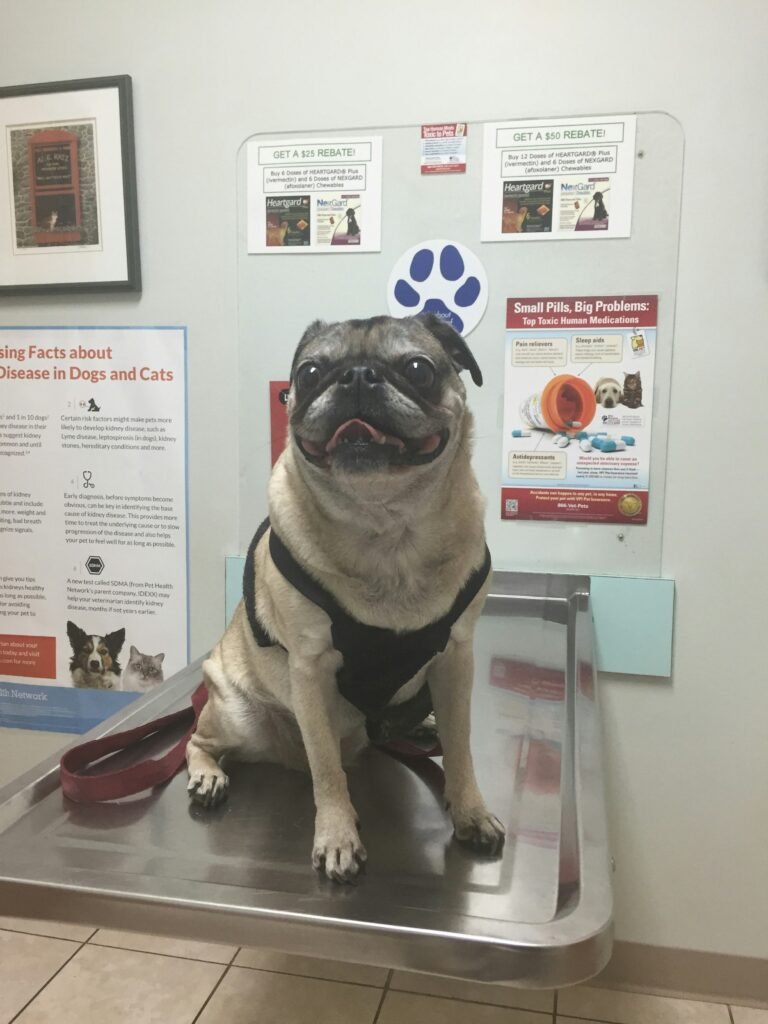
Understanding Dog Vaccinations: Core vs. Optional
Dog vaccinations play a critical role in preventive health care, ensuring that pets remain healthy throughout their lives. Vaccines can be categorized into two primary groups: core and optional. Core vaccines are deemed essential for every dog, while optional vaccines may be recommended based on specific circumstances such as the dog’s lifestyle and environment.
Core vaccines include rabies, distemper, parvovirus, and adenovirus. Each of these diseases poses a significant threat to a dog’s health and, in some cases, can be fatal. For instance, the rabies vaccine is not only important for the health of the dog but is also a legal requirement in many regions, as rabies is a zoonotic disease that can be transmitted to humans. Distemper is a highly contagious viral disease that affects a dog’s respiratory, gastrointestinal, and nervous systems, and can lead to severe health complications. Parvovirus, on the other hand, is notorious for causing severe intestinal distress, often leading to dehydration and death if not treated promptly. Finally, the adenovirus vaccine protects against infectious hepatitis, enhancing a dog’s immunity to this serious condition.
Optional vaccines are tailored to individual dog needs and may include those for Bordetella, Lyme disease, and canine influenza. Bordetella, commonly known as kennel cough, is a highly contagious respiratory illness, particularly relevant for dogs who frequent boarding facilities, parks, or dog shows. Lyme disease is transmitted by ticks, making vaccination important for those dogs in areas where tick exposure is common. Canine influenza is a relatively new concern, especially in places where dogs congregate. While optional vaccines are not universally required, they are crucial for specific dogs and situations.
Understanding the distinction between core and optional vaccines helps dog owners make informed decisions about their pets’ vaccination schedules, ultimately contributing to their overall health and well-being.
Vaccination Schedule: Timing is Everything
Establishing a proper vaccination schedule is crucial for ensuring the health and well-being of dogs at all stages of their lives. For puppies, vaccinations typically commence between 6 to 8 weeks of age. At this initial visit, the core vaccines, which include those for parvovirus, distemper, and adenovirus, are administered. These vaccines are essential in protecting puppies from potentially fatal diseases. A series of vaccinations is generally recommended, with booster shots given every 3 to 4 weeks until the puppy reaches approximately 16 weeks of age. It is important to follow up with a rabies vaccine, which is usually administered by 16 weeks old, as this may be mandated by law depending on the jurisdiction.
As puppies grow into adulthood, vaccinations continue but with a different approach. Adult dogs typically require boosters for core vaccines every 1 to 3 years, depending on the specific vaccine protocol adopted by the veterinarian and local legislation. Additionally, optional vaccinations, such as those for Bordetella or Lyme disease, may be advised based on exposure risk. Factors such as the dog’s lifestyle, location, and overall health status play a vital role in determining which additional vaccinations are necessary.
For instance, dogs that frequently socialize in parks or engage in activities that expose them to other animals may need more comprehensive protection. Conversely, dogs that have limited exposure may not require all optional vaccines. It is essential for dog owners to have an open discussion with their veterinarian to create a tailored vaccination schedule that meets their dog’s unique needs. By adhering to these timelines and being proactive about vaccinations, pet owners can ensure their furry companions lead healthy and happy lives.
The Importance of Keeping Vaccination Records
Maintaining accurate vaccination records for dogs is critical for several reasons. First and foremost, these records serve as a comprehensive log of all vaccinations your dog has received, including essential details such as dates and types of vaccines administered. This information is vital for dog owners to keep track of upcoming vaccination dates and offer reminders for future doses. Regular updates on vaccination schedules ensure that dogs remain fully protected against various infectious diseases.
Moreover, vaccination records hold significant importance when it comes to travel, boarding, and participation in dog-related activities or events. Many facilities, such as kennels and doggy daycares, require proof of vaccinations to minimize the risk of disease transmission among animals. Without appropriate documentation, your dog may not be permitted entry into these settings, potentially disrupting travel plans or social opportunities for your pet. Therefore, having a well-organized vaccination record can streamline these processes and give dog owners peace of mind.
To effectively manage your dog’s vaccination records, consider employing a systematic approach to organization. Keep both digital and physical copies of vaccination certificates and ensure they are stored in a secure but easily accessible location. Digital tools and applications, such as pet health management apps, can be particularly useful. These applications often allow you to input vaccination dates, set reminders for upcoming doses, and even share records with veterinarians or boarding facilities when necessary. By utilizing these resources, pet owners can ensure that their dog’s vaccination history is always up to date and readily available.
Consulting Your Veterinarian: Best Practices for Vaccination
When it comes to your dog’s health, consulting a veterinarian is paramount in developing an appropriate vaccination schedule. Veterinarians possess the expertise to create tailored vaccination plans based on your dog’s age, health status, and lifestyle, ensuring optimal protection against preventable diseases. Engaging in an open dialogue with your vet is essential to understanding the importance of both core and optional vaccines.
During consultations, be proactive in asking questions regarding the various vaccines your dog may receive. Inquire about core vaccines such as rabies, distemper, and parvovirus, which are crucial for a dog’s health and required by law in many regions. Understanding the recommended schedules for these essential immunizations can help you ensure that your pet is adequately protected. Additionally, ask about optional vaccines that may be relevant based on your dog’s lifestyle, daily exposure to other animals, and geographical location, as this can significantly influence their risk of infectious diseases.
It is also vital to consider your dog’s unique health needs, especially if they have underlying conditions, are elderly, or have previously experienced adverse vaccine reactions. Your veterinarian can provide insights into potential risks and benefits associated with vaccinations in these cases, allowing you to make informed decisions. Ensuring that you share your dog’s full health history and any concerns with your vet will enable them to guide you effectively in establishing the most suitable vaccination strategy.
Ultimately, your veterinarian is your best resource in navigating the complexities of dog vaccination. By fostering a collaborative relationship with your vet, you will feel empowered to make educated choices regarding your pet’s health, paving the way for a longer, happier life for your furry companion.
 petszillaclub.xyz
petszillaclub.xyz

